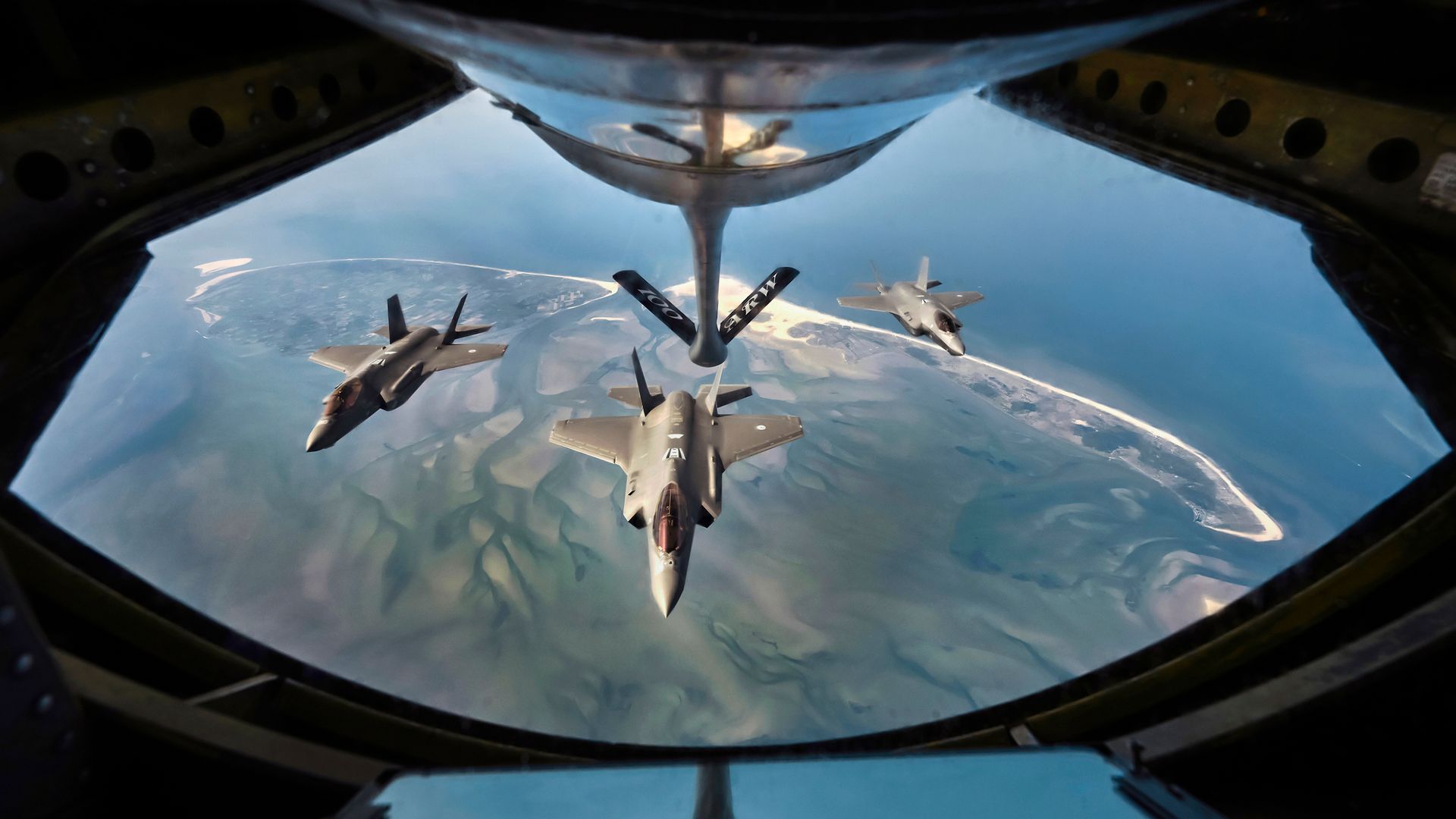Poland sees no reason to sever diplomatic ties with Russia after drone attack, foreign minister says

Poland does not currently plan to sever diplomatic relations with Russia, Polish Foreign Minister Radoslaw Sikorski said on Sept. 12 during a joint press conference with Foreign Minister Andrii Sybiha in Kyiv, Hromadske reported.
His comments come days after Russian drones entered Polish airspace during a large-scale attack on Ukraine on Sept. 10. Poland shoot several Russian drones down, becoming the first NATO member to engage Moscow's military assets over its own territory since the full-scale war began.
Sikorski said Poland sees no reason to sever diplomatic ties with Russia, noting that it has already limited the activities of Russian diplomats in several regions and has called on European partners to reduce the size of Russian diplomatic missions in their countries.
Sikorski called the recent Russian drone incursion into Polish airspace a "moment of truth," stressing that the drones had entered from Belarus and flew for seven hours.
"Anyone who claims these were Ukrainian drones is repeating Russian propaganda," he said.
The Polish minister also pledged to expand military cooperation with Ukraine in light of intensified Russian attacks, saying Warsaw was prepared to provide 40 million euros ($47 million) in support.
"Poland was the biggest beneficiary (of assistance), and we are ready to contribute," he said.
Sybiha said Ukraine was ready to help Poland counter Russian threats. "Ukraine is already successfully repelling attacks. We need to work on a joint system to counter drones," he said.
Sikorski has previously accused Russia of deliberately violating Polish airspace after 19 Russian drones crossed into Poland. Poland responded by activating NATO's Article 4, which allows member states to request consultations when their security is threatened.
Moscow has denied responsibility, with Russia's Defense Ministry insisting it had "not planned to hit" targets in Poland. Andrei Ordash, Russia's charge d'affaires in Warsaw, also dismissed claims that the drones were of Russian origin.
Polish officials have rejected those explanations. "Last night, Poland's airspace was breached 19 times by drones manufactured in Russia. The assessment of Polish and NATO air forces is that they did not veer off course, but were deliberately targeted," Sikorski said in a video statement earlier this week.
German media outlets Spiegel and Welt reported that the drones shot down were headed for Rzeszow Airport, a key logistics hub for Western aid to Ukraine. President Volodymyr Zelensky has urged the EU to respond with a new package of sanctions.












